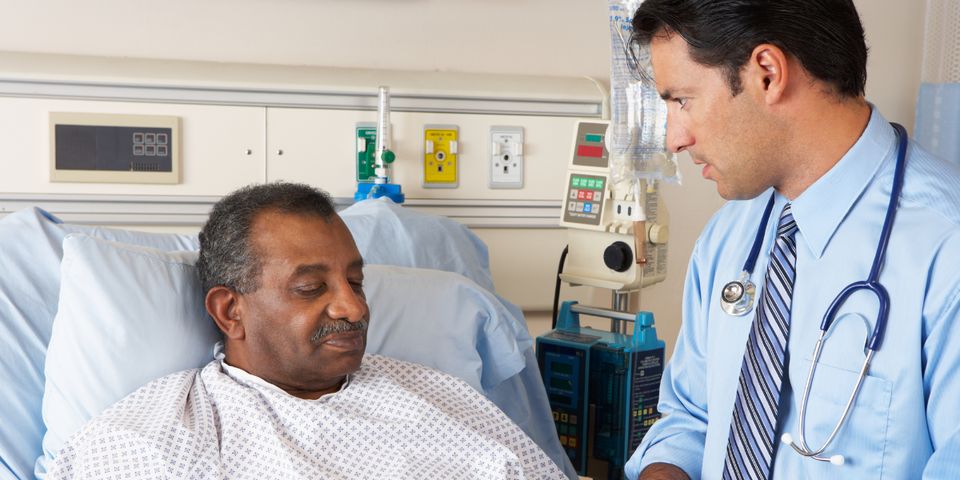A Guide to Supraventricular Tachycardia (SVT)

It is normal for the heartbeat to speed up at various times, such as while feeling anxiety and stress or exercising. However, some people experience heart health issues that result in unusually fast heartbeats. Known as supraventricular tachycardia (SVT), this condition has to do with the organ’s electrical signals. Here's what you should know about this condition and what treatment options are available.
What Is Supraventricular Tachycardia?

Supraventricular tachycardia occurs when the heart beats 100 times or more per minute while at rest. The normal beat range for the heart is 60 to 100 times per minute. This condition affects the organ’s upper chambers, or the atria, causing them to fire electrical signals and contract prematurely. Some individuals have no idea what causes their rapid heartbeats, such as abnormal thyroid or electrolyte functions, while others cite risk factors like tobacco use, alcohol consumption, chronic stress, and excessive caffeine consumption. Other risk factors include a family history of supraventricular tachycardia (SVT) and certain health issues, such as anemia, coronary heart disease, and congenital heart defects.
What Are the Different Types?
This heart health issue comes in three main forms—atrioventricular nodal reentrant tachycardia, atrioventricular reciprocating tachycardia, and atrial tachycardia. Atrioventricular nodal reentrant tachycardia is the most common and occurs when the heart features an additional pathway that disrupts electrical signals and prevents them from reaching the ventricles, or the lower heart chambers.
Atrioventricular reciprocating tachycardia means a pathway has formed between the atria and ventricles, causing the electrical signals to move too quickly. Atrial tachycardia occurs when the right or left section of the atrium short circuits and creates a faulty electrical signal. The atria works faster than the ventricles as a result.
How Is It Treated?
If SVT causes symptoms like chest pain, fatigue, dizziness, lightheadedness, heart palpitations, and passing out, visit your doctor for an official diagnosis. Treatment can include home remedies, such as closing your mouth and pinching your nose while attempting a 20-second exhale. This change in head pressure triggers a change in blood pressure that can regulate the heart rate. Other home remedies include reducing or eliminating your intake of caffeine and alcohol, and refraining from using tobacco.
Medical treatment for SVT includes heartbeat-slowing medications and simple, quick ablation procedures that cauterize the pathway responsible for electrical signal irregularities. However, a heart-healthy lifestyle helps prevent SVT, which includes managing stress, exercising regularly, limiting foods high in sugar and bad fats, and getting sufficient sleep.
For top-tier heart health services, work with Desert Cardiovascular Consultants Zia Khan, M.D. Specializing in cardiovascular and vein health, this center provides treatment for a wide variety of diseases and conditions, including heart and peripheral vascular disease. Visit them online or call (702) 822-2273 today to make an appointment or to learn more about heart health services.
About the Business
(3 reviews)
Have a question? Ask the experts!
Send your question

